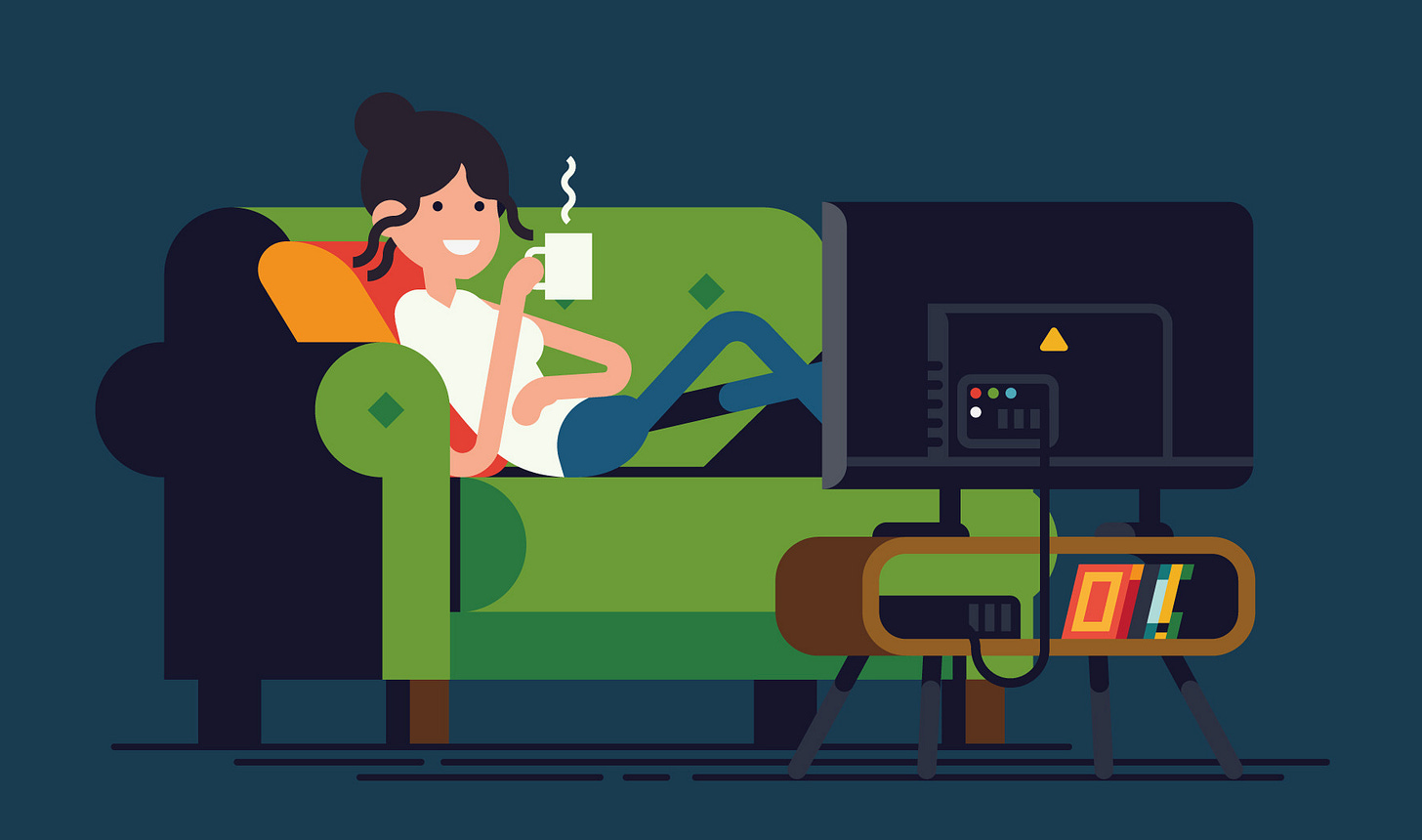Hey team,
This is a bit of spontaneous post, but it is something that I have been thinking about for the last few days. This has been brought about listening to Michael Easter on the Huberman Lab podcast and also the episode with David Goggins. I recommend you give each episode a listen.
The importance of doing hard things and getting uncomfortable.
Which is something I feel I haven’t been doing as much of recently and can feel the change in my perception of what I consider difficult.
The Comfort Trap
Modern life is pretty great, we carry a device in our pockets that has 100 thousand times the processing power of the Apollo 11, over 70% of the world has access to safe, running water, we can fly in pressurised metal tubes to reach other countries in hours, et cetera, et cetera.
You get the point, modern life rocks.
But why then, do we still complain about so much?
Our bandwith for what we consider a problem or annoyance can expand, it’s not a fixed range.
When our ancestors roamed the plains, the bandwith was narrow.
There was likely to be very little complains about, like how dinner had been cooked last night, because Jeff had just been eaten by a lion (RIP Jeff).
But nowadays, we can just walk to the kitchen and have an immediate supply of food ready to eat or if we don’t like what is there, we can order food directly to our door.
Whilst the safety, and immediacy of modern life is great, it has its downfalls
The issue with this comfort:
We are unhealthier than ever.
There is now more people worldwide that are overweight or obese, than there are starving.
Physical activity levels are dropping, with 1.3 Billion adults not meeting physical activity guidelines (75 mins of vigorous or 150 mins of moderate activity per week).
How to Reset Your Comfort-ometer
Spend time deliberately doing something uncomfortable or hard.
Michael Easter takes this to the extreme - he does a month camping in the artic circle. Hard to complain about a bad coffee when going to the bathroom involves digging frozen soil and carrying a rifle incase a grizzly bear thinks you look tasty.
For most of us, we could try these options instead:
The Assault Bike - I am yet to meet someone that enjoys getting on one of these. At my old gym, we used to just have a set week called the “40-Cal Week”. Your first gym session of the week was simple, get on the bike and peddle as hard as you can until it says you’ve done 40 cals. Honestly, it would keep me up at night, knowing that I had to do it the next day.
Ice Baths - These have gained a lot of traction recently for recovery benefits, but if you aren’t a cold-adapted person (like most Aussies), forcing yourself to stay in 5 degree water for longer than 30s is hard.
When you expose yourself to this type of challenge, it provides a great resest to your comfort-ometer (yes, I am going to keep using this term now). The bandwidth of what is an issue shrinks, you become grateful for the comfort you live in.
That reset might only last a week, so then you need to challenge yourself again. Or the challenge might start to become something enjoyable or normal, so you’ll have to find something harder.
The point is, keep challenging yourself to get uncomfortable.
You Develop a Stronger Will.
This is a topic that Huberman does into great depth about in his conversation with Goggins.
When we do something that we don’t want to do (note the distinction here, it’s not just doing a hard task, it’s doing a task that you do not want to do)
e.g. dragging yourself out for a run even though you had a bad day at work and you just want to watch TV. Or starting that uni assignment when you just want to play video games.
Part of our brain gets bigger.
The Anterior Midcingulate Cortex.
This region of the brain is seemingly tied to our will to live. People that tend to live for longer, this area of their brain is larger.
I hope you enjoyed and are off to find something challenging to do.
Chat soon,
Jono


